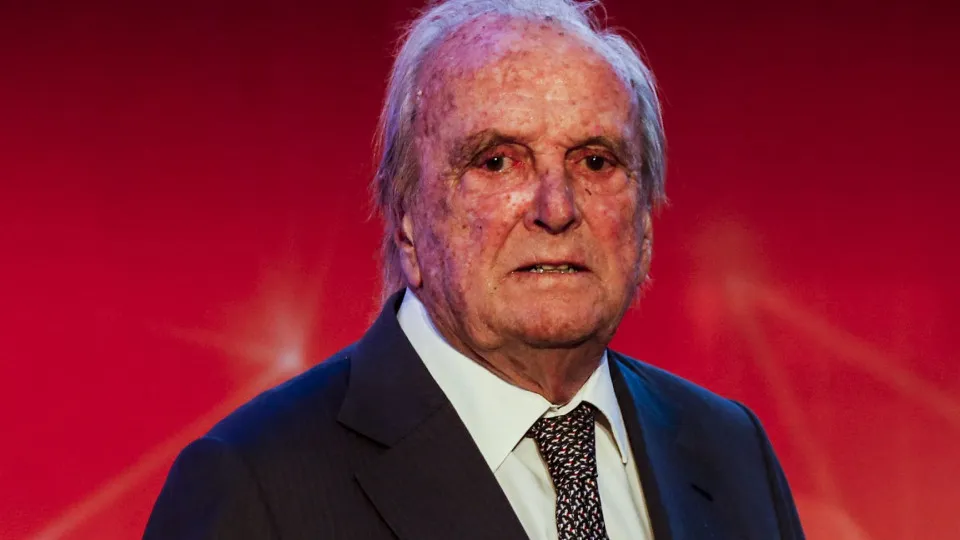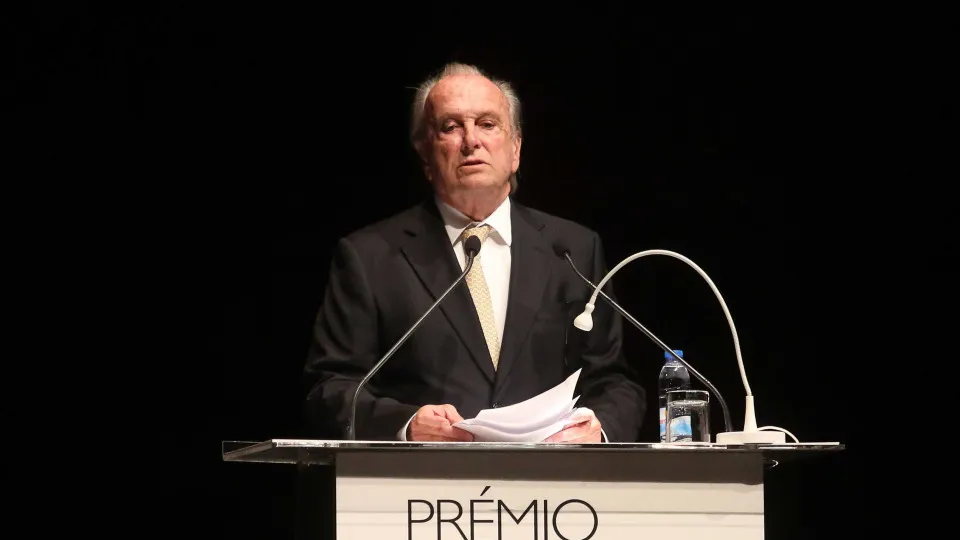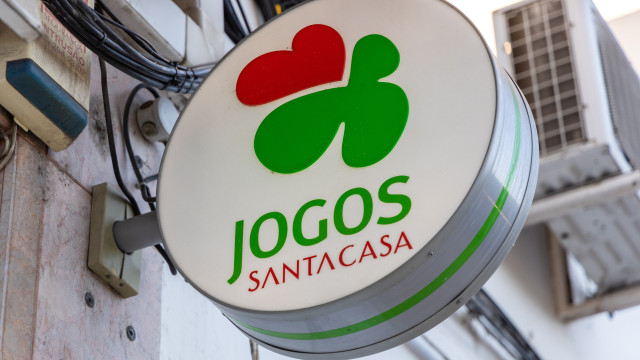
“Never did I imagine spending my entire life in politics, becoming a professional politician. There was a mission to fulfill, and that was what essentially motivated me to step forward,” Pinto Balsemão recounted in his ‘Memórias’ (Porto Editora, 2021) about when he became prime minister after the death of Francisco Sá Carneiro in December 1980.
Elected at the age of 32 to the National Assembly (1969-1973) on the União Nacional lists for the Guarda constituency, he was part of the so-called Liberal Wing, alongside Sá Carneiro, his “desk companion,” as the seats in the chamber were arranged alphabetically.
The group, which also included Mota Amaral, Miller Guerra, Magalhães Mota, and others, was a somewhat disorganized congregation of those dissatisfied with the dictatorship, initially believing in the democratizing potential of the “Marcellist Spring.”
Pinto Balsemão stood out for defending a Press Law project alongside Sá Carneiro, which was completely defeated, as was a constitutional revision advocating for the return to direct election of the President of the Republic, more powers for the National Assembly, and more individual rights and freedoms.
Alongside Sá Carneiro and Correia da Cunha, he visited political prisoners in Caxias.
A notable success was the approval of the law allowing newspaper directors to no longer require government approval, benefiting the foundation of the Expresso in 1973, which led to the creation of the Impresa group.
After April 25, 1974, he founded, with Sá Carneiro and Magalhães Mota, on May 6, the Partido Popular Democrático (PPD) (later PSD), becoming its number one member.
He was present at all critical moments of the party’s early stages, from the naming suggestion by Ruben Andresen Leitão, the literary pseudonym of Ruben A., after a phone call made by Pinto Balsemão to Expresso’s editorial office for suggestions, given there was already a PSD.
He participated in drafting the party’s Guiding Principles, approved at his home and typed by his wife, Mercedes, and at the I Congress in Lisbon on November 24, 1974, where he was elected to the national political committee.
Elected as a deputy in 1975, 1976, 1979, 1980, and 1985, following the AD’s absolute majority victory in the interim legislative elections of December 1979, he served as Deputy State Minister in Sá Carneiro’s government.
In the tumultuous early life of the PSD, he was always with Sá Carneiro and, despite actively participating in the final drafting of the “Unavoidable Options” document, which he signed in 1978, he notes in his memories that he soon realized “the objective was not to force a serious and profound strategic discussion within the party,” but “to definitively eject” the leader, prompting him to leave the faction.
On the night of December 4, 1980, Pinto Balsemão awaited Sá Carneiro’s arrival at Pedras Rubras Airport in Porto, having convinced him to attend the presidential campaign rally for General Soares Carneiro, who was challenging President Ramalho Eanes, a re-election candidate.
Sá Carneiro never arrived at the airport, which decades later would bear his name. The plane crashed after takeoff in Camarate, killing all on board.
Balsemão was left “in shock,” as he recounts in his memoirs, not only over Sá Carneiro’s death but also that of his companion, Snu Abecassis, a friend of Balsemão, his cousin António Patrício Gouveia, who was the prime minister’s chief of staff, and Adelino Amaro da Costa, the Defense Minister and CDS leader.
He succeeded Sá Carneiro as head of government, taking office on January 9, 1981, as the prime minister of the VII Constitutional Government.
Balsemão recalls in his memoirs that, aside from the trauma of Sá Carneiro’s death, he had to work with a President of the Republic whom the AD did not support, whose legitimacy had been reinforced by the polls, and presided over a Revolutionary Council “with strong constitutional powers.” He also faced a “strong opposition,” with Mário Soares as PS leader and Álvaro Cunhal leading the PCP, a global economic crisis emerging with rising oil prices, and a “minefield” laid by the PSD and CDS.
The “permanent existence of internal fronts,” with an “active and destructive” Cavaco Silva supported by Eurico de Melo (both had refused to join the government), as well as Pedro Santana Lopes and opponents around Helena Roseta (then PSD) and Lisbon’s district, led to his resignation in August 1981. “I had enough,” he summarizes in his memoirs.
The move ultimately reinforced Balsemão’s authority within the party, and he took office as prime minister of the VIII Constitutional Government (1981-1982). This time, he included leaders of the other AD parties, Diogo Freitas do Amaral of CDS-PP, and Gonçalo Ribeiro Telles of PPM.
His government also included João Salgueiro in Finance, Ângelo Correia in Internal Administration, Francisco Lucas Pires in Culture, and Marcelo Rebelo de Sousa, who left Expresso to become Secretary of State for the Presidency of the Council. “To have him closer to me,” Balsemão recounted, describing him as the scorpion from the fable.
The relationship with President of the Republic Ramalho Eanes was sometimes tumultuous, to the point where their weekly meetings in Belém were recorded.
One source of tension, Balsemão notes in his memoirs, was the loss of power Eanes would suffer with one of the government’s objectives: a constitutional revision ending the Revolutionary Council, which the President chaired, only achieved in 1982.
The approval of a new National Defense Law was a logical extension of this constitutional revision, definitively placing the military under elected power, which his government also achieved, innovating further with the creation of the National Ecological Reserve (REN) and the National Agricultural Reserve (RAN).
For Balsemão, the mission was accomplished, and he resigned as prime minister, “after the constitutional revision, after closing all negotiation dossiers with Brussels” for Portugal’s integration into the EEC and legitimizing his “management as prime minister with the victory in the December 1982 local elections.”
Always present in the PSD’s life, Balsemão never held another elected position, though he had a presidential dream in 1995 when Cavaco Silva, having left ten years in power, “seemed hesitant” and “there was no overwhelming enthusiasm” for the former leader.
“At the time, I seriously considered running,” he wrote in his memoirs.
Approached by several people about a candidacy, including from PS, Balsemão even had a conversation over lunch at Gambrinus with António Guterres, then secretary-general of the socialists, but Fernando Nogueira, PSD leader, “was not thrilled about the possibility and, more than that, was already committed to Cavaco if he wanted to run.” Balsemão did not proceed without the party he is member number one of.




